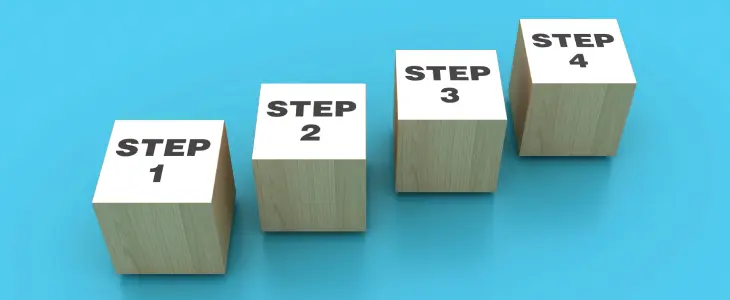
Crosswalks and Compensation: Seeking Justice After a Pedestrian Accident
Pedestrian accidents are a serious concern, especially in areas where crosswalks are the primary means of safely crossing busy streets. While crosswalks are designed to protect pedestrians, accidents still happen. When they do, the consequences can be devastating, often resulting in severe injuries or even death. This blog outlines your options...

Stanfield Bechtel Law Leads Seminar at Annual Connecticut Bar Association Meeting and Shares Thoughts on Key Legal Malpractice Issues and Rulings for Other Connecticut Lawyers
Helping attorneys stay ahead of evolving malpractice laws, client rights, and precedent-setting rulings.
Attorneys across Connecticut gained fresh insight into legal malpractice issues and law this summer as Sandra Stanfield and Jonathan Bechtel shared the latest issues, views, and landmark rulings at the Connecticut Bar...

The Long-Term Consequences of Catastrophic Injuries
Some injuries take more than time to heal—they change a person’s entire life. Catastrophic injuries are those that leave lasting damage, often affecting the brain, spine, or limbs. The physical impact alone can be devastating, but the emotional and financial aftermath can be just as overwhelming.
At Stanfield Bechtel...

Understanding Your Rights After an Uber or Lyft Accident
Rideshare apps like Uber and Lyft have made getting around Connecticut more convenient. But when an accident happens involving one of these services, things can get complicated.
An accident can leave you with injuries, confusion, and more questions than answers. Whether you were a passenger, another driver, or a...

Failure to Know or Apply the Law: When Ignorance Is Not Bliss
When you hire an attorney, you expect them to understand the law that applies to your case. Unfortunately, not every attorney meets that standard. Some make avoidable mistakes—misreading the law, missing key legal updates, or simply applying the wrong statute or rule altogether.
These errors can have serious consequences....

How to Avoid Legal Malpractice: A Guide for Attorneys
Legal malpractice claims are a reality for lawyers in every area of practice—even those with spotless records and good intentions. In a busy practice, it’s easy to overlook the small things. But as many attorneys learn too late, it’s often the small things that get you into trouble.
This...

Types of Nursing Home Negligence
Families across Middletown, CT, trust nursing homes to care for those who are sick or elderly. They do so assuming that their loved ones will receive attentive, quality care. Unfortunately, this is not always the case. Knowing what to do if your loved one suffers due to nursing home...

Settlement Errors: Did Your Lawyer Sell You Short?
When you hire an attorney to represent you in a personal injury case, you trust them to fight for your best interests and the compensation you deserve. However, some attorneys make critical errors during the settlement process that leave their clients with far less money than they should have received. These settlement...

The Difference Between a Bad Outcome and Legal Malpractice
Not every disappointing legal result means your lawyer committed malpractice. People often wonder, “Did my lawyer mess up, or did things just not go my way?” Sometimes cases just don’t turn out how we had hoped. However, if your attorney’s mistake costs you money, property, or a chance for justice, you deserve...

Legal Malpractice Conflict of Interest
Attorneys have an ethical obligation to serve their client’s interests rather than their own. When they put their own interests ahead of their client’s, they may be engaging in negligent representation or intentional misconduct that may constitute legal malpractice.
What Constitutes a Conflict of Interest?